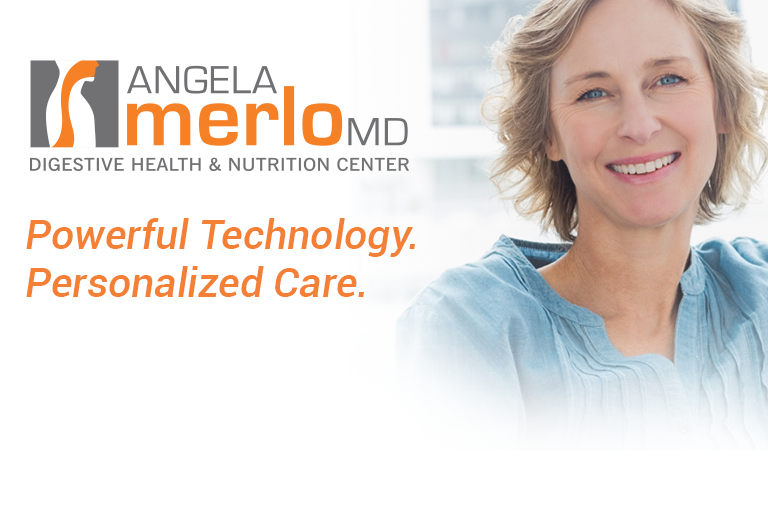Food Poisoning in New Jersey
The Digestive Health & Nutrition Center has two convenient locations in Lawrenceville and Princeton, New Jersey where you can receive the exceptional care you deserve. Led by gastroenterologist Angela Merlo, M.D., who specializes in diagnosing and treating food poisoning in New Jersey for residents in and around Trenton and Princeton.
What is Food Poisoning?
Also referred to as foodborne illness, food poisoning results from consuming contaminated foods. Noxious organisms, such as bacteria, parasites, and viruses, or their toxins most often cause food poisoning. Food can become contaminated at any time during its production or processing, as well as at home if the food is not cooked or handled properly.
Symptoms of Food Poisoning
The symptoms of food poisoning typically start within hours of eating contaminated food, but sometimes it can take days or even weeks. Some of these symptoms may include:
Many forms of food poisoning cause at least one of these symptoms, although they can differ depending on what causes the contamination. Food poisoning is usually mild and clears up without treatment after a few hours to several days. In some cases, however, the symptoms are more severe, and you may need to seek treatment. Some of these symptoms include:
- An oral temperature of 101.5 degrees Fahrenheit or higher
- Bloody stools or vomit
- Diarrhea for longer than three days
- Frequent vomiting and the inability to hold down liquids
- Neurological symptoms such as muscle weakness or blurry vision
Causes of Food Poisoning
Food contamination can occur when the food is being grown, harvested, shipped, stored, processed or prepared. The cause is often the transfer of toxic organisms between surfaces, which is referred to as cross-contamination. This is particularly common among raw foods and those that are ready to eat, such as salads and fresh fruits and vegetables. Since the foods are not cooked prior to eating, the toxic organisms are not eliminated before you eat them, resulting in food poisoning.
How is Food Poisoning Diagnosed?
Food poisoning is usually diagnosed based on your history, which includes your symptoms, the food you have eaten and how long you have been ill. At the Digestive Health & Nutrition Center, Dr. Merlo will perform a physical assessment and look for signs of dehydration. Based on the information you provide and the exam, she might perform diagnostic tests to determine the cause and confirm your diagnosis.
These tests might include a blood test, examination for parasites or stool culture. The stool culture involves sending a sample of your stool to a lab, where a technician attempts to detect the infectious organism. If the technician finds one, Dr. Merlo will likely notify the local health department to determine whether the food poisoning is related to an outbreak. However, the cause of food poisoning is not always identified.
Treatment for Food Poisoning
The treatment that you receive for food poisoning will depend on the cause of the illness and the severity of your symptoms. In a majority of cases, the illness goes away in a few days without treatment, but some types of food poisoning can last longer. The treatment might involve one or both of the following:
- Replacing the fluids and electrolytes, such as calcium, potassium, and sodium, lost because of persistent diarrhea
- Taking prescription antibiotics to combat certain types of infectious bacteria that cause severe symptoms
If you live in or around Trenton or Princeton, and are looking for a specialist in adult and pediatric gastroenterology to treat food poisoning in New Jersey, contact the Digestive Health & Nutrition Center in Lawrenceville today to set up an appointment.






